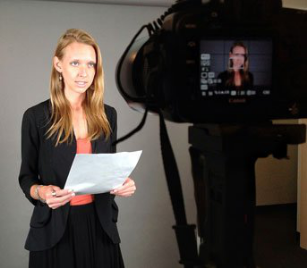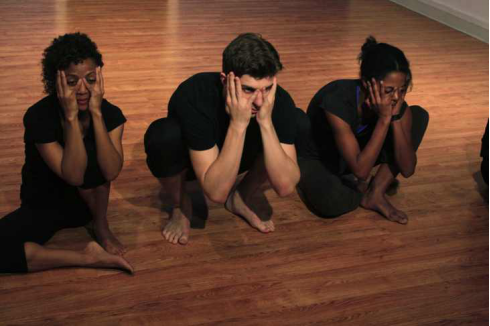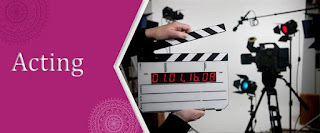Shahzaad Ausman always come first in providing confidence in performance, exploring different characters, vocal and physical flexibility, breaking down scripts – all invaluable skills that should be practiced and honed daily.
#1 Drivers License
Having an active, full drivers license is essential.
#2 Singing
Good exercise for your voice, singing is a valuable skill to have in the acting world. Many film, TV and theatre productions require some singing or vocal work
#3 Dance
Just like singing, dance is a fundamental skill most performing artists have under their belt. And for good reason – dance requires flexibility, rhythm, stamina, and spatial awareness – all of these skills are essential for good performance.
#4 Sport
#5 Musical skills
Singing, music and acting cross over all the time. Having rudimentary musical knowledge is really helpful – you don’t need to be a professional violinist, but knowing the basics of an instrument is definitely an advantage. It allows you to confidently hold an instrument, and pretend to play it if necessary.
#6 Circus and Gymnastics
Circus and gymnastics skills don’t come up a great deal, but if this is something you are even mildly interested in, why not give it a shot.
#7 Weapons training
Plenty of actors who get back to back auditions for characters from the military or police. If you suit this brief, and find you are going in for those types of roles, definitely worth getting some basic weapons training.
#8 Martial arts
Martial Arts being great fun and useful for self-defence, it could also help you land auditions.
#9 Learning
Able to do all these different skills, but if you remain fit and healthy and work on co-ordination, and your ability to learn, you will be able to jump into new skills quickly.
















